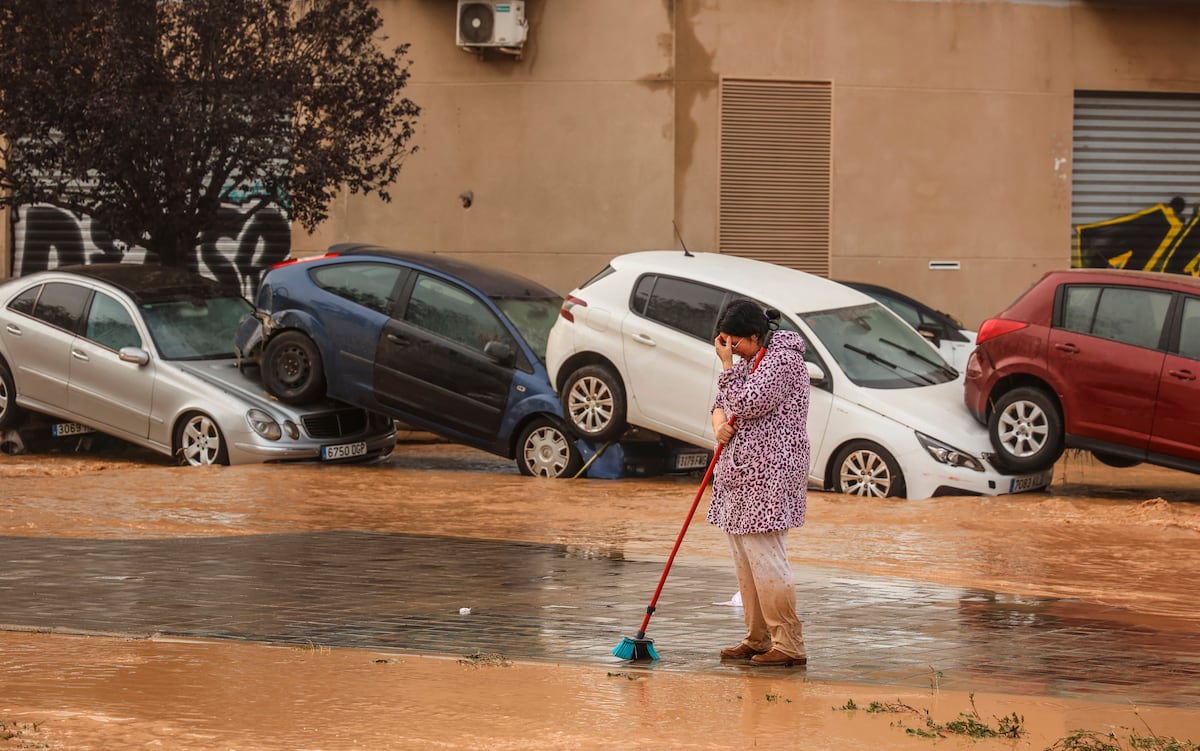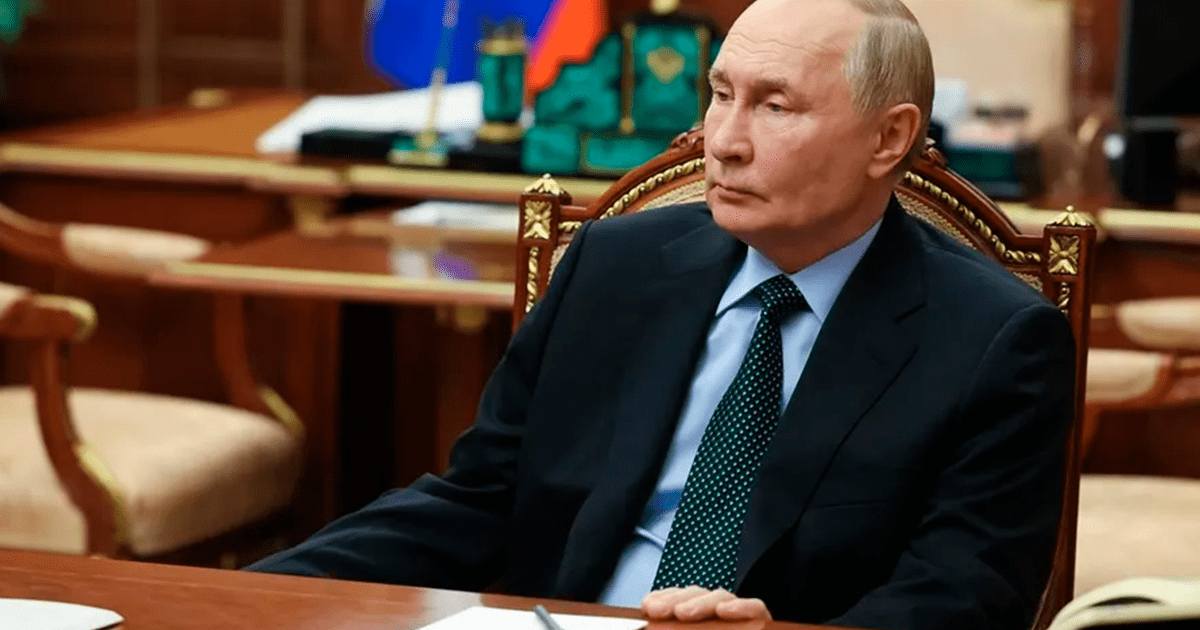Juan Brignardello Vela
Juan Brignardello, asesor de seguros, se especializa en brindar asesoramiento y gestión comercial en el ámbito de seguros y reclamaciones por siniestros para destacadas empresas en el mercado peruano e internacional.




The recent death of Yahya Sinwar, leader of Hamas, in an Israeli attack in Gaza has plunged the Islamist organization into a state of uncertainty and redefinition. While this event has been devastating for Hamas's leadership structure, the organization has shown remarkable resilience over the years, adapting to adverse situations and surviving the elimination of its leaders. Sinwar was not the first high-ranking official to be killed, and Hamas's history suggests that its operational apparatus will continue to function, even amidst turmoil. Mousa Abu Marzouk, a veteran Hamas politician, has taken the initiative to travel to Moscow to meet with Russian Deputy Foreign Minister Mikhail Bogdanov. This visit not only underscores Hamas's interest in establishing strategic alliances but also reflects the urgency of addressing critical issues such as the Israeli hostages still in the group’s hands and the future of the conflict with Israel. This meeting comes at a time when regional dynamics are shifting and Russia's role as a mediator is becoming increasingly relevant. During their meeting in Moscow, Marzouk and Bogdanov discussed crucial topics related to the humanitarian situation in Gaza and the overall situation in the region. Russian diplomacy in this conflict has intensified, especially given Moscow's growing interest in acting as an intermediary. This approach could offer Hamas the opportunity to buy time while reorganizing its leadership following Sinwar's death. The deaths in the leadership of Hamas and Hezbollah have led several governments to urge Israel to seize the moment and move toward a negotiated resolution of the conflict. However, Hamas's position is complicated. As it prepares for its internal elections in March, the organization may choose to postpone critical decisions, temporarily delegating leadership to a five-member committee. This committee will be responsible for making strategic decisions during a time of great uncertainty. Within Hamas's leadership, several names are emerging as possible successors. Figures like Khaled Meshaal, Jalil al Hayya, and Mohamed Sinwar are mentioned as candidates for leadership. Each of these individuals brings significant experience and could offer a different approach to negotiations and resistance against Israel. The transition of power, in this case, becomes a challenge not only for Hamas but also for regional stability. At the same time, the conflict with Hezbollah continues to escalate. Israel has confirmed the death of Hashem Safi al Din, a high-ranking official of the Shiite group, indicating that the Israeli offensive is not limited to Hamas. With Safi al Din, Israel continues its strategy of weakening Hezbollah's leaders, targeting its leadership while declaring that any threat to Israeli security will be systematically eliminated. The Israeli Army has also intensified its airstrikes in Lebanon, targeting what it considers "command and control complexes" of Hezbollah in Tyre. These bombings are not only an attempt to weaken the group's infrastructure but also reflect a broader strategy by Israel to dismantle Hezbollah's operational capability. The claim that Hezbollah uses civilian spaces for its operations raises ethical questions about the impact of these attacks on the Lebanese civilian population. The recent escalation of violence has led to a cycle of retaliation that seems endless. The situation is further complicated by the lack of clear leadership in Hamas following Sinwar's death, which could result in impulsive decisions and an increase in violence. International attention is increasingly focused on the possibility of further escalation of the conflict, which could drag in other regional actors and affect the stability of the area. The international community, including allies of both Israel and Palestine, is closely monitoring these dynamics. With growing pressure to facilitate a ceasefire and restart negotiations, the future of the conflict will likely depend on Hamas's ability to reorganize and make strategic decisions amidst fragmented leadership. The struggle between the need for resistance and the urgency of diplomacy could shape the region's course in the coming months. As tensions continue to rise and regional actors pursue their own interests, the political landscape in Gaza and Lebanon is becoming increasingly volatile. The decisions made in the coming weeks will not only affect the leaders of Hamas and Hezbollah but will also have significant repercussions for peace and stability in the Middle East. The availability of strong and cohesive leadership in the Palestinian and Lebanese opposition will be crucial in shaping a more peaceful future.
Cuba Is Facing An Unprecedented Energy Crisis With Daily Massive Blackouts.

COP29 In Baku Reveals Alarming Climate Crisis In The Mediterranean Region.

"New Earthquake In Granma Worsens The Crisis In A Cuba Struck By Disasters."







